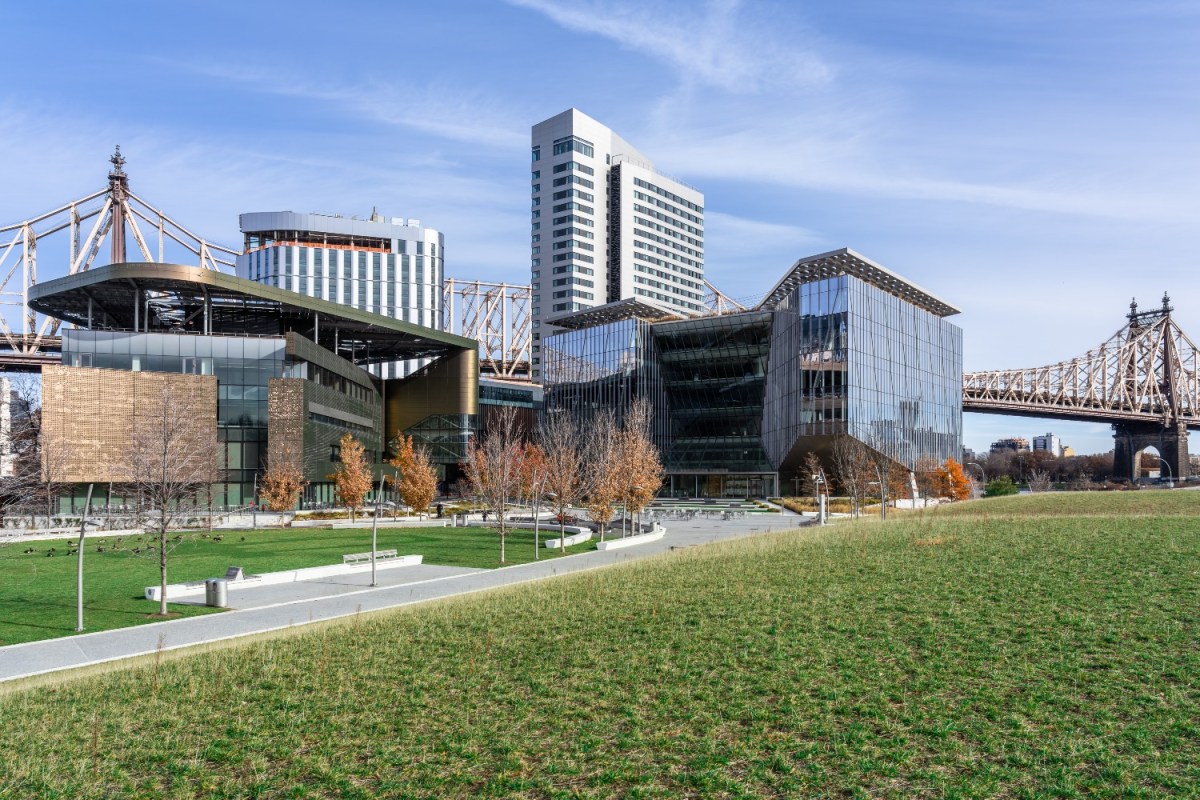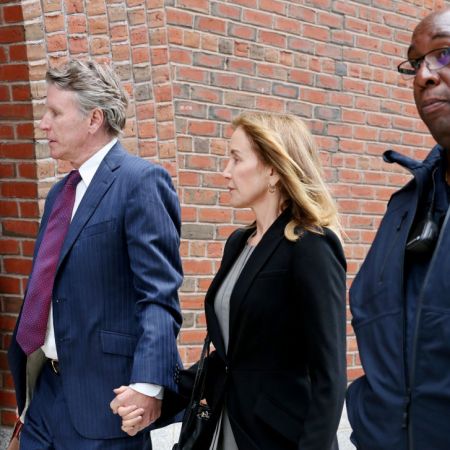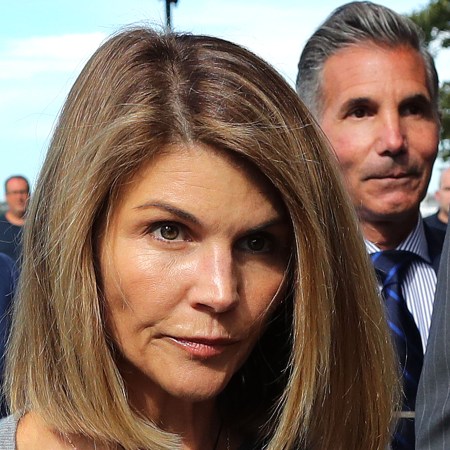In the last few years, different aspects of college admissions have been in the spotlight — from the “Varsity Blues” admissions scandal to the Supreme Court ruling that effectively ended affirmative action in college admissions. Since then, other changes have also been afoot in that space, with some colleges and universities considering getting rid of legacy admissions altogether.
In a New York Times opinion piece published earlier this year, Tyler Austin Harper, who teaches at Bates College, pondered the effects of the Supreme Court’s ruling. Harper looked back on his own work tutoring students in their admissions essays years before. “For these students, the college admissions process had been reduced to performance art, in which they were tasked with either minimizing or maximizing their identity in exchange for the reward of a proverbial thick envelope from their dream school,” he wrote.
Harper’s experience in that realm came before the Supreme Court’s ruling, and his op-ed predicted “a perverse, racialized version of the Keynesian beauty contest” in the near future. He also pointed to an article at The Atlantic by Aya M. Waller-Bey about the role that “a trauma-focused essay has in the admissions process.” For Waller-Bey, this makes for an unsettling status quo, where students may feel that they have to share their worst experiences for a chance to get into their target school.
What does that landscape look like in the wake of the Supreme Court’s ruling?
In a new article for Air Mail, Sanibel Chai provided an update on what the essay-writing process is like nowadays — and how students from affluent backgrounds are continuing to seek to game the system. “You can, with enough finessing, be traumatized by your own privilege,” Chai wrote. “By the casual bigotry of your wealthy family. By your own blind spots (the opportunities others don’t have that you took for granted).”
Did Wealthy Parents Use Magnet Schools to Game College Admissions?
Unethical practices on a scale greater than the college admissions scandalChai described the students she’s worked with as having “disillusionment with the college-admissions process” — even though they’re largely the ones who are going into it with the most advantages. This, for her, suggests an even deeper issue. “If you weren’t already convinced the admissions system was broken, the fact that it’s being criticized by those whom it favors most is damning,” Chai wrote.
All of this discourse leaves a haunting question: if this system is frustrating nearly everyone who takes part in it, from the disadvantaged to the highly privileged, who actually is benefitting from it?
Thanks for reading InsideHook. Sign up for our daily newsletter and be in the know.


















